Energy Storage Systems
How long does solar battery storage last?
The average lifespan of solar battery units lasts between 5 to 20 years on average. While this is a significant amount of time, you will likely need to replace them within the 25 – 30 year lifespan of your solar power system. The battery life will also depend on several factors:
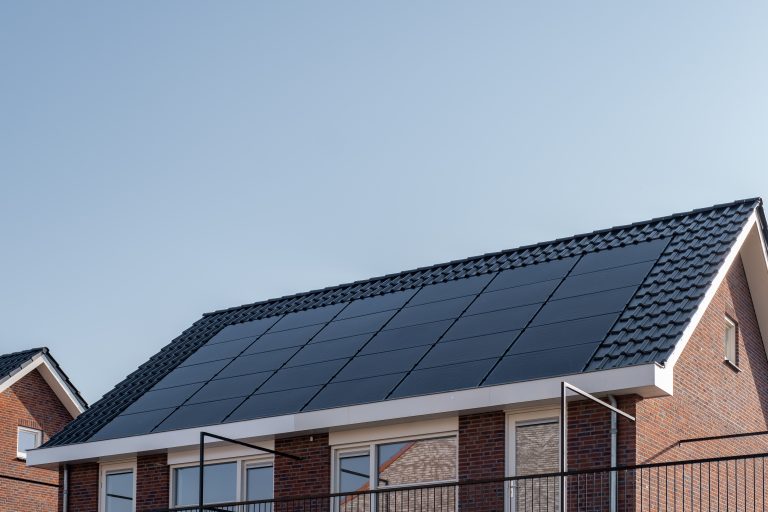

1. Types of Solar Batteries
- Lead-Acid Batteries
This battery type has a shorter lifespan and lower depth of discharge compared to other solar batteries. They are also heavy but the most affordable option in the market. - Lithium-Ion Batteries
Lithium-ion batteries or Li-Ion batteries are the most common source of energy storage because they are lighter, more compact, have higher DoD, and have a longer lifespan. They have a higher depth of discharge than the rest. - Saltwater Batteries
Saltwater batteries don’t contain heavy metals and use saltwater electrolytes instead. They are an eco-friendly option and can easily be recycled.
2. Solar Battery Usage
Batteries that are constantly being charged and discharged tend to have a shorter lifespan, resulting in lower energy backups. To make them last longer, the charging cycle should be based on suitable specifications like model and size.
3. Solar Battery Temperature
Solar batteries should be kept and installed where the temperature remains under the manufacturer’s specified degrees to maximize their life and efficiency.
4. Solar Battery Maintenance
Solar batteries are made in a way that they are technically maintenance-free, but regularly checking them and making sure that all connections are running smoothly with no carbon or acid composites would guarantee longevity.
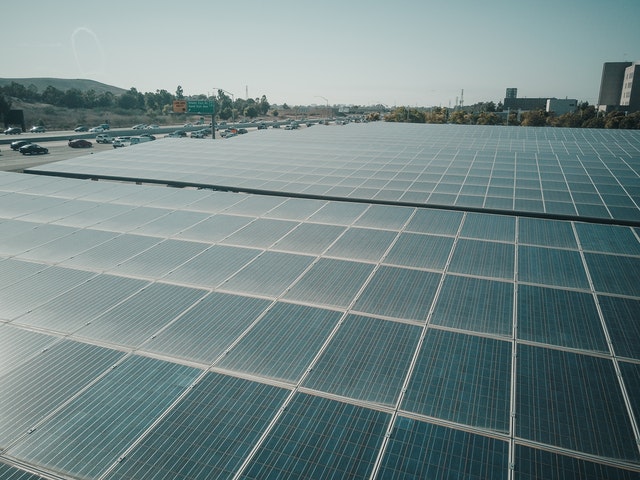
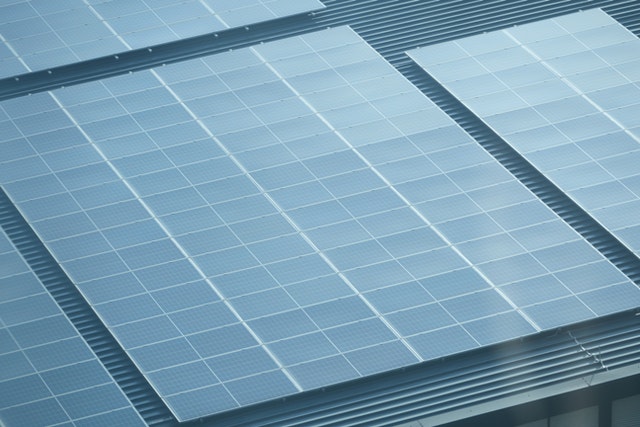
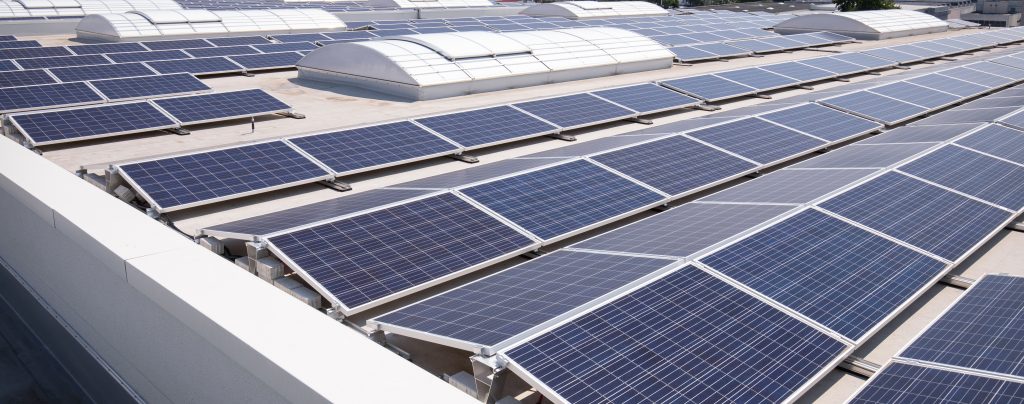
How do solar PV and battery storage work?
Here is the process of what happens with a DC-coupled system:
- When sunlight hits the solar panels, the energy is converted to DC power.
- The electricity then enters the battery and is stored as DC electricity
- The DC electricity will leave the battery storage and enter an inverter to be converted into AC electricity that the business can use.
Here is the process of what happens with an AC-coupled system:
- When sunlight hits the solar panels, the energy is converted to DC power.
- The electricity enters the inverter to be converted into AC electricity the business can use.
- The excess power then flows through a different inverter to change back into DC electricity that can be stored to use when needed.
- If the commercial building needs to use the energy stored in the batter, the electricity must flow through the inverter again to become AC electricity.
What are the benefits of energy storage?
Resiliency
In business, planning for emergency backup power is a crucial part of resilience planning. This is to keep electricity in the event of a power outage due to major storms or other emergencies. Energy storage’s main role is to provide backup power. With battery storage, your surplus electricity will be stored for later use.
Reduces cost, Saves money
Business owners can reduce costs by providing frequency regulation and offset spinning reserve services by storing low-cost energy and using it at a later time. Mostly, during peak periods at higher electricity rates. You can maximize the financial savings you get from solar power.
Reduce Environmental Impacts
One of the main benefits of solar power is the ability to produce renewable energy by using sunlight which makes them an eco-friendly choice. Energy storage is paired with renewable resources which can be stored for use when needed. The energy storage lets solar operate almost the same way as existing power plants do, but more safely and sustainably – without harmful emissions.
Maximizing time-of-use rates
Energy storage systems are flexible in that they can shift the consumption of electricity from high-demand or expensive periods to periods of low-cost electricity demand. This helps facilities to take advantage of the time-of-use pricing and reduce tariff structure change risk to electricity cost.
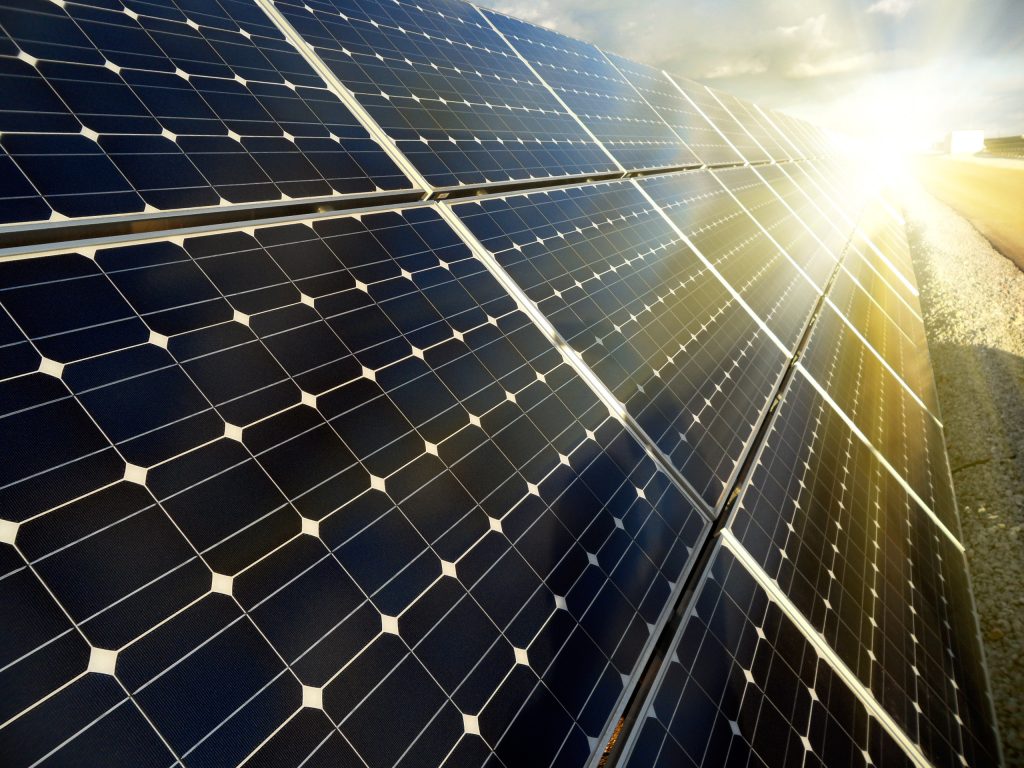
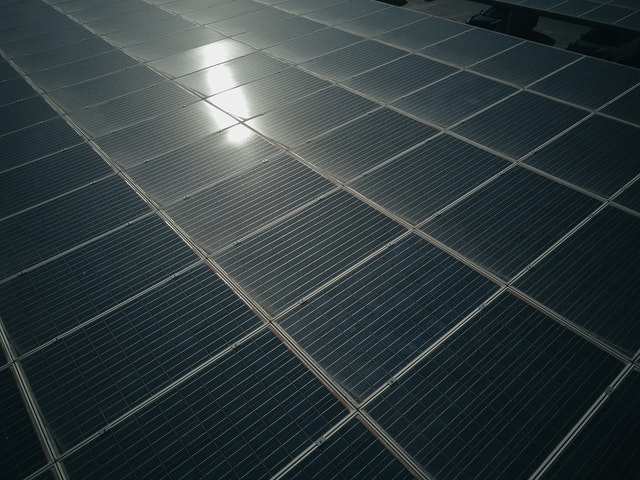

How much do storage systems cost in Jacksonville, FL?
The estimated cost of the storage system in Jacksonville, FL is $1206/kWh. If the energy storage size is 13kWh, the storage installation in Jacksonville, FL will range from $13,321 to $18,023 in cost.
| System Size | System Cost | System Cost (after ITC) |
|---|---|---|
| 10 kWh | $12,056 | $8,921 |
| 13 kWh | $15,672 | $11,597 |
| 20 kWh | $24,111 | $17,842 |
| 26 kWh | $31,345 | $23,195 |
The average Solar panel + storage system cost in Jacksonville, FL ranges from $19,376 to $55,745. Several factors impact the price of your solar + storage system such as the quality of equipment you install, the storage capacity and chemistry of your battery, and the kind of inverter you choose.
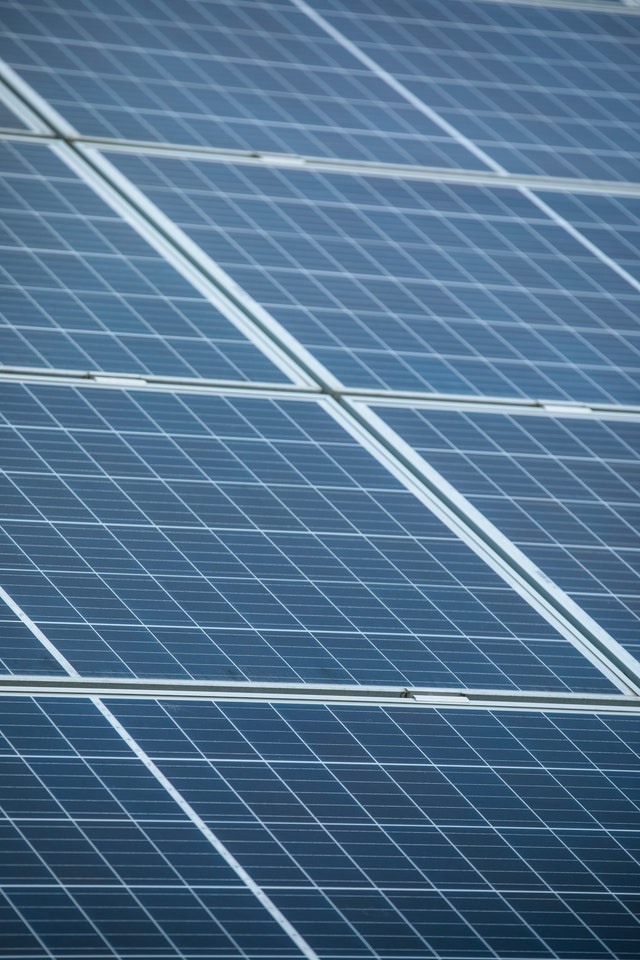

How do solar energy storage systems work?
Batteries store electricity through electrochemical processes, then convert electricity into chemical energy and back to electricity to use when needed. An energy storage system can reduce the need for electricity from harmful gasses, water, or air pollution being released into the environment. They can capture and store energy at one time for use at a later time.
What are the benefits of a commercial energy storage system?
Demand Charge Management
Many facilities are required to pay demand charges depending on their electricity usage, although this may differ per business, on average it is 30%-70% of your overall energy spending included on a commercial electric bill. Taking advantage of strategic energy storage can help with reducing costs and saving money by discharging energy during the highest periods of electricity usage to reduce load during peak times resulting in decreased demand charges.
Backup Power
Power outages can cause expensive losses for businesses. Businesses must have energy storage systems installed to allow a seamless transition from grid power to backup power during emergency cases such as storms, utility problems, etc.
Environmental Benefits
The bigger the business that switches to solar power, the broader impact it brings on the environment. It improves the efficiency of the global power grid and provides an emission-free solution for a greener environment on a larger scale.
Reduce Cost by Load Shifting
Energy storage systems are used to their maximum cost-saving capability by load shifting, a strategic technique that analyzes consumption patterns and storage solutions to determine the best time to charge and discharge stored energy.

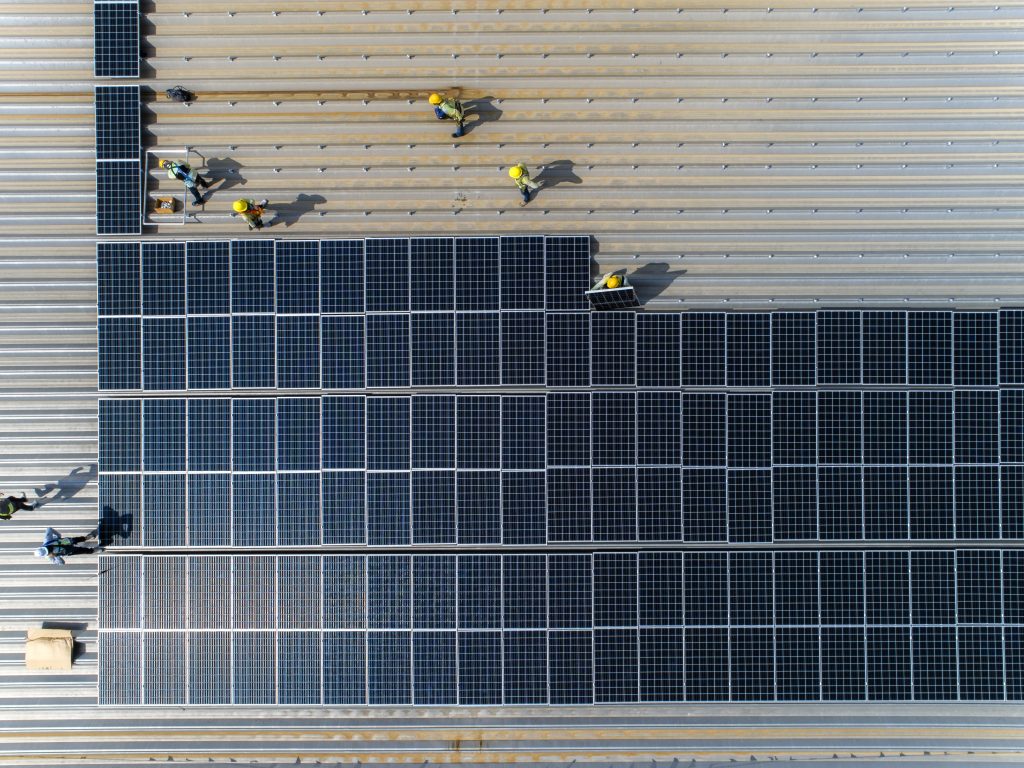
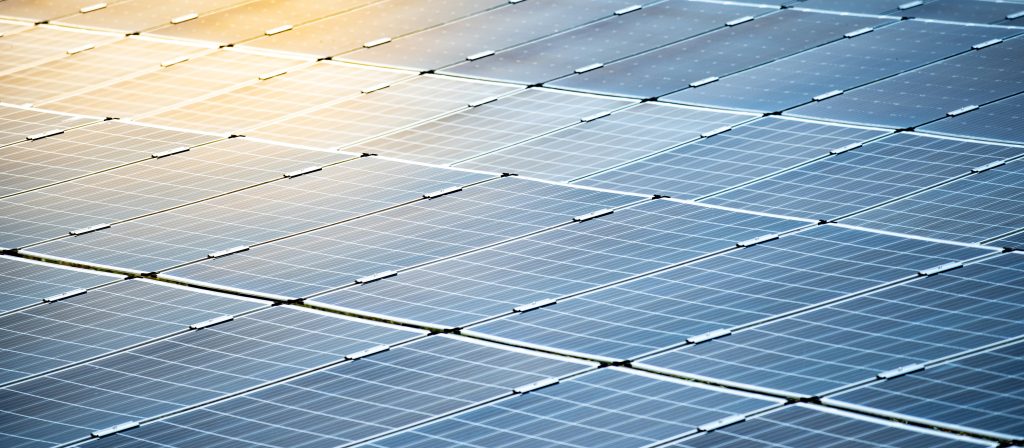
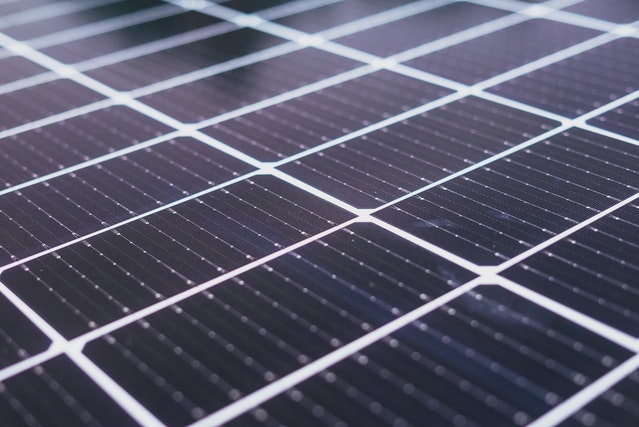
How can energy storage solutions help your business?
One of the main features of energy storage is the ability to switch to stored power when the grid peaks. The batteries charge while the grid is at a minimum level of demand and the prices of electricity are low. The stored power is then used by your building during peak hours, which prevents you from using energy when prices are high. This makes energy storage likely to be cost-effective for your company while the performance and quality of energy storage procedures continue to improve. Aside from load shifting, energy storage will serve as your backup power, many businesses need to work 24/7 and intermittent grid connections can be expensive, batteries help separate you from the grid in the event of power outages or poor connection giving you peace of mind that your business can keep going in case of unforeseen electricity problem.
What is the typical cost of integrating solar battery storage with a commercial solar installation?
There are several factors to consider in setting up solar battery storage with a commercial solar installation, this includes battery material (lead-acid or lithium-ion), usable capacity, and lifespan of your solar battery storage system. It’s encouraged to discuss with your trusted solar power installer all these factors to provide you with a quote on the cost.
Why is solar energy storage important?
Solar energy storage creates reliability and long term-term benefit for years to come not just for your business but also for the environment. Ultimately, energy storage can save both residential and commercial consumers money, improve resilience, incorporate generation sources and help reduce emissions that are harmful to the environment.

Contact Us!
If you’re interested in going solar in Jacksonville, we’d love to hear from you. Please contact us and let us know how we can help make your solar dreams a reality. We look forward to hearing from you soon!

